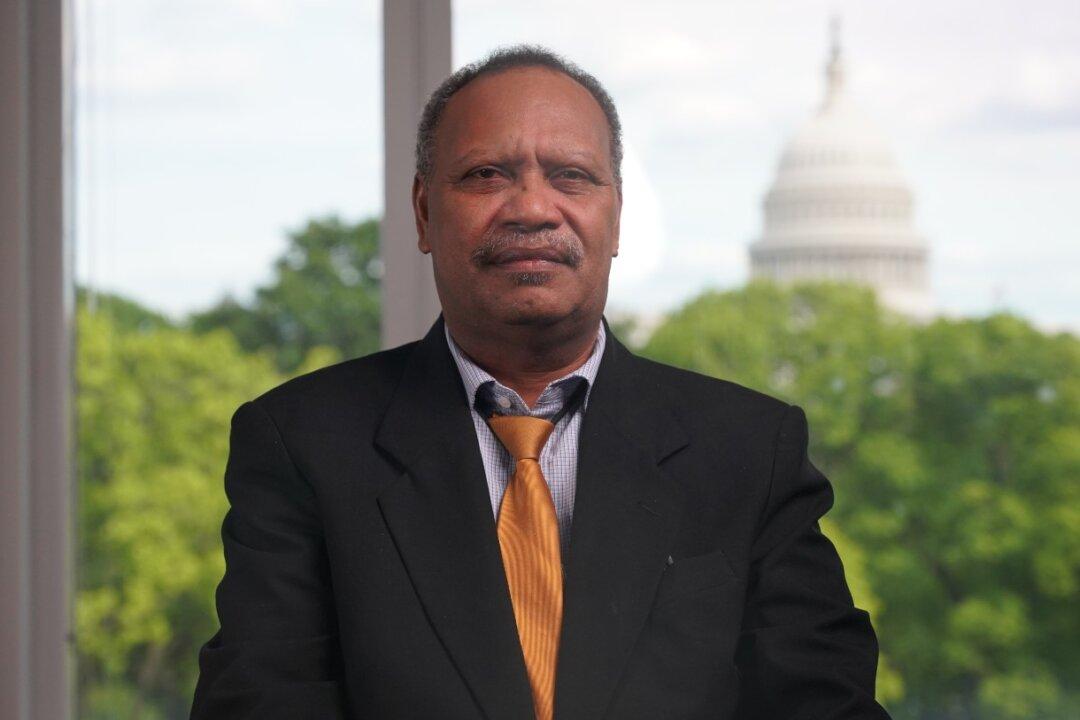WASHINGTON—An ousted Solomon Islands politician is speaking out against China’s communist regime, which he claims has infiltrated his own government and is seeking to do the same elsewhere.
The Chinese Communist Party (CCP), which rules China as a single-party state, is bribing politicians throughout the Solomon Islands and weaponizing the Pacific Islands nation for its own purposes, according to former Malaita Province Premier Daniel Suidani.




